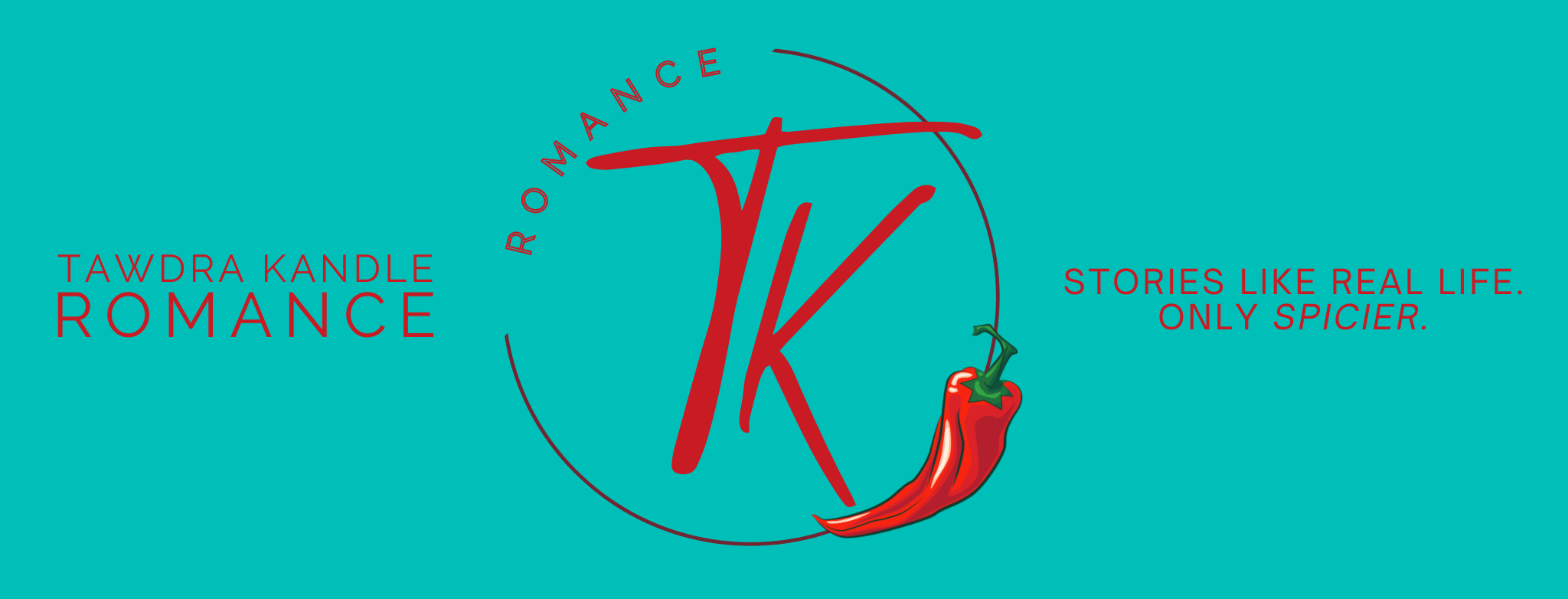I’m an indie author, and proudly so. I can’t imagine making this journey any other way, because it works for me. It doesn’t mean it’s anyone else’s best choice, but it’s definitely mine.
That being said, it’s not difficult to see the shifts in the landscape of publishing, both positive and negative. I love being in control of my own career. I can publish as much or as little as I choose. I can have the book covers I want, and I can write the characters and story lines I want. I’m my own boss.
Some of the negatives have been slow to develop, but they’re here. I’ve noticed that some readers–none of mine, who are perfect in every way–but some out there have begun to feel that they have the right to dictate to authors what they should and should not write. . .which book should be written before another one. . .which character should live and die.
I’m not sure why exactly this change has come about, but I have a theory. Once upon a time, authors were reclusive creatures. You might write a letter to a favorite author, or you might meet her at a book signing, but there was rarely time or opportunity to share your own take on her plot lines. But here we are in the 21st century, where most authors are on social media, have email addresses available to the public and often post very personal information. Readers feel closer to authors. And in one sense they are; I like my readers very much, and I enjoy what they share with me. As I’ve said before, my readers are perfect. But I see it, and I’ve heard about it.
I like feedback, and I welcome readers’ input. But there is a line. The characters may live out in the book world, but they were born in my head, and that’s where all the magic happens. I’m sorry if some of their actions or decisions aren’t what all readers want, but that’s how it happened, I promise you.
I think the inimitable Nora Roberts captured this perfectly in her recent blog post. It’s called, appropriately enough, Bite Me.
I’m not Nora, I’ll never be Nora, and I would never, ever dare to suggest that I know anything about what she’s experienced. But I see the trend, and not just with the lovely Ms. Roberts. I see it creeping in everywhere.
I’m not unsympathetic. Heck, if you want the full truth, in the course of my reading lifetime, I wanted Bella not to turn into a vampire (or have a baby, but that’s another story), I wanted Dumbledore not to die, I wanted Claire not to leave 18th century Scotland, and I wanted Rhett not to walk out on Scarlett. But I understood that the story wasn’t mine, and I had to accept the decisions of the author.
(Now, when it comes to a TV show, like, say, How I Met Your Mother, all bets are off. The real ending was not what we saw last spring. I’m sure of it.)
The bottom line is that writers have the right to control the destiny of their own characters without influence or harassment from others. It’s one of our job perks. And if you mess around with us, no worries. . .we’ll just write you into the book. And probably kill you off. Horribly.
😉

